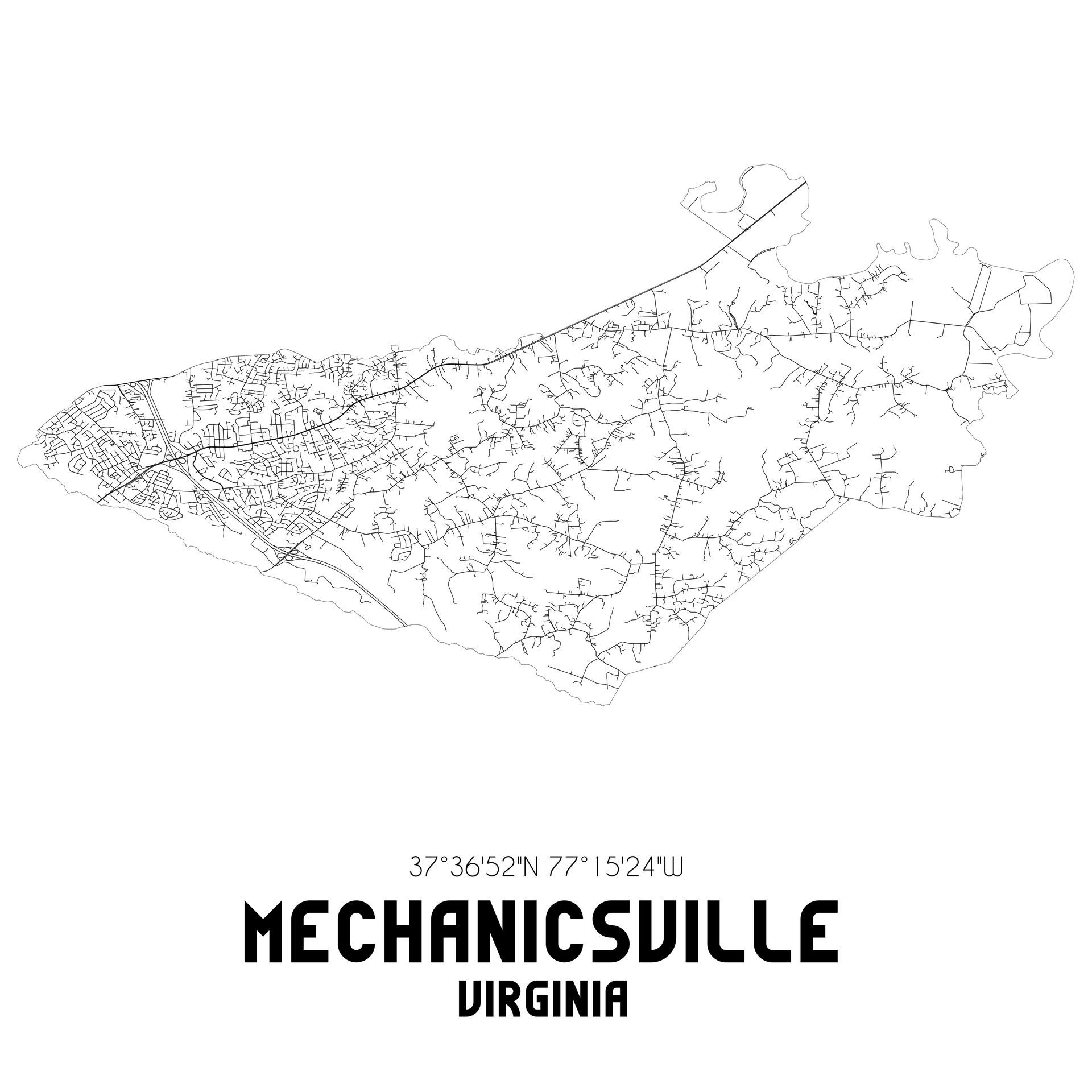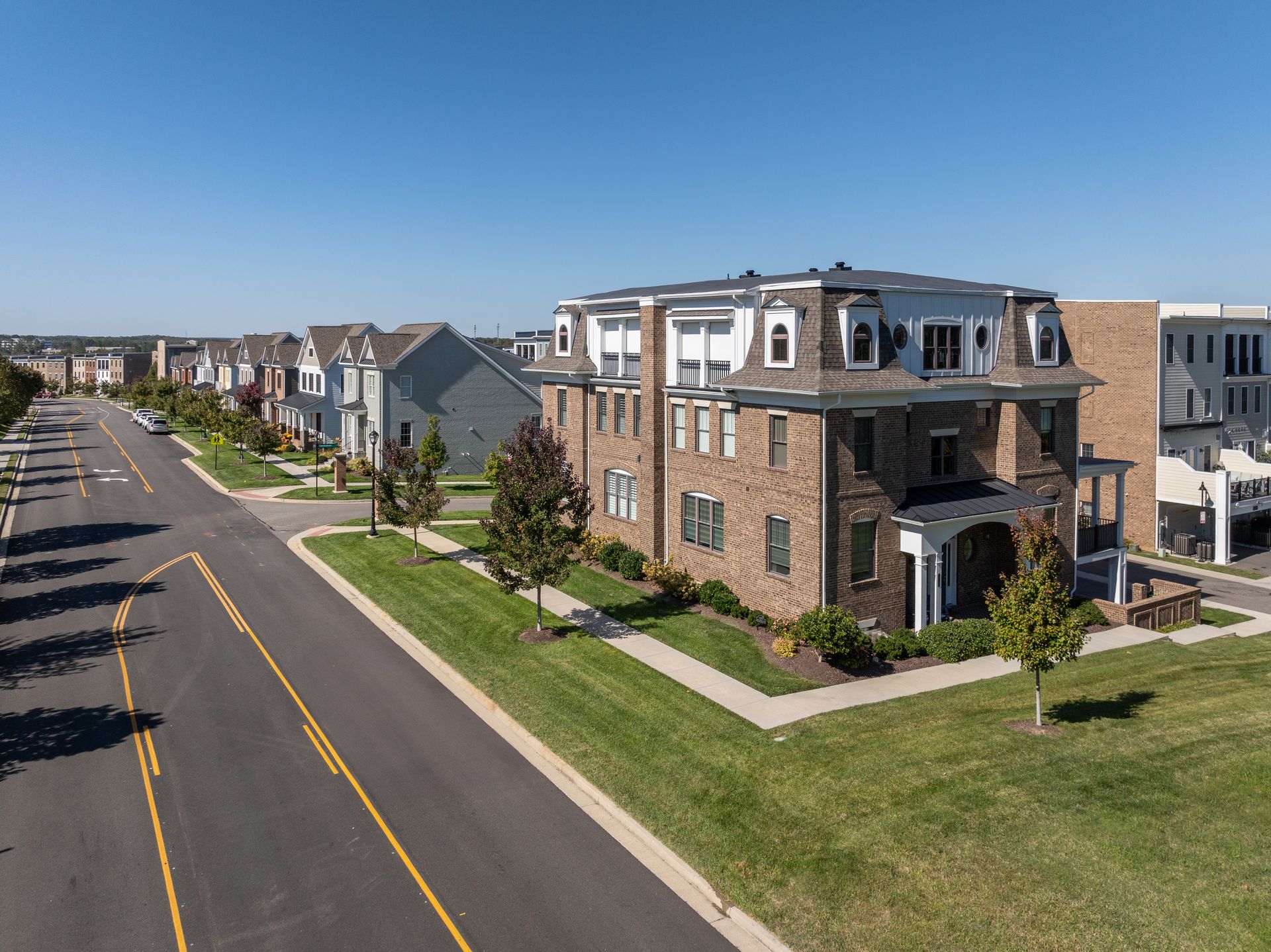Local Lender vs. Big Bank: Your Personalized Path to a Mortgage
Choosing the right mortgage lender is just as crucial as finding the perfect property. It's a decision that shapes your entire homebuying experience, and it's not simply about finding the "best" lender, but rather the one that best aligns with your unique needs and priorities. At Sparrow Home Loans, we believe in guiding you to a mortgage solution that feels right for you.
Different lenders offer distinct experiences, and understanding these differences is key to a successful and stress-free homebuying journey. Let's explore the nuances between local mortgage lenders and large national banks, helping you identify which lending model offers the personalized path you desire.
The Local Lender Advantage: Your Community Partner in Homeownership
Local mortgage lenders, like Sparrow Home Loans, offer a unique set of advantages rooted in their community ties and operational structure. They are often deeply invested in the communities they serve, prioritizing long-term relationships and maintaining a positive reputation.
- Personalized Service & Relationship Building: Local lenders distinguish themselves through a highly personalized and customer-centric approach. They dedicate time to understanding your unique financial situation and homeownership goals. Unlike the often impersonal nature of large institutions, local lenders offer tailored loan options and provide a dedicated loan officer who guides you from pre-qualification through closing. This relationship-driven model ensures you're not just an application in a queue, but a valued individual whose success is prioritized. This personalized service often extends beyond the closing date, with many local lenders offering ongoing support for escrow adjustments, refinancing, or payment options, providing continuity and peace of mind throughout the life of your mortgage.
- Local Market Expertise & Faster Decisions: Local mortgage lenders are intimately familiar with the regional real estate market, possessing a deep understanding of local property values, tax rates, and zoning laws. This localized knowledge is particularly beneficial when navigating unique aspects of a transaction, such as specific appraisal requirements or neighborhood-specific concerns. Furthermore, many local lenders handle underwriting and decision-making processes in-house, which often results in faster and more efficient loan approvals. This quick turnaround can be a significant competitive advantage, especially in fast-moving real estate markets where timing is critical.
- Flexibility & Problem-Solving: Due to their smaller scale and independent nature, local lenders often exhibit greater flexibility in finding creative solutions for unique financial situations. They may be more willing to consider non-traditional loan scenarios or offer more flexible underwriting criteria, such as minimum credit score or debt-to-income ratio requirements, making them a viable option for first-time homebuyers, self-employed individuals, or those with credit challenges.
- Community Connection & Accountability: Their commitment to the community often means they are well-connected with local real estate agents, inspectors, and other professionals, providing a valuable network for homebuyers.
The Big Bank Approach: Scale, Scope, and Digital Convenience
Large national banks operate on a different scale, offering a distinct set of advantages primarily related to their size and extensive resources.
- Wide Range of Products & Comprehensive Services: Big banks, by their very nature, can offer a vast array of mortgage products and services. Beyond mortgages, they typically provide a comprehensive suite of financial products, including investments, insurance, and international banking, allowing clients the convenience of a "one-stop shop" for all their financial needs.
- Competitive Rates & Financial Stability: Due to their immense size and extensive access to capital markets, large banks can sometimes offer highly competitive interest rates and fees, potentially lower than those found at smaller, local institutions. Their sheer scale also often provides a perception of greater financial stability and resilience against economic fluctuations.
- Advanced Technology & Extensive Network: Larger banks typically boast more advanced online platforms, sophisticated mobile applications, and automated payment features, providing greater convenience for managing mortgages. They also maintain a vast network of ATMs and physical branches across wide geographic areas, offering extensive accessibility to customers.
Understanding the Trade-offs: Where Each Shines and Falls Short
While both local lenders and big banks offer compelling benefits, understanding their respective limitations is crucial for an informed decision.
- Local Lender Considerations: While local lenders offer a "variety of loan options" tailored to individual needs , they may have a narrower range of overall financial products compared to the comprehensive offerings of large banks. Their physical branch network might also be more limited to the geographic area they serve. Regarding interest rates, while some sources suggest local lenders may have potentially higher rates, it is important to note that this is "not always the case," and sometimes their rates can be more favorable than those from big banks.
- Big Bank Considerations: The primary trade-off with large banks is often a less personalized customer experience, where clients may feel like "just a number" due to the sheer volume of borrowers they serve. They typically have more stringent underwriting criteria, which can make it more challenging for some borrowers to qualify for loans. Additionally, their complex organizational structures can lead to lengthier and more bureaucratic approval processes, potentially resulting in slower response times and decision-making. Finally, their broad focus across many markets means they may lack the in-depth understanding of specific local real estate nuances that local lenders possess.
Which Path is Right for You? Making an Informed Decision
The choice between a local lender and a big bank ultimately hinges on your individual priorities. If personalized service, deep local market knowledge, flexibility for unique financial situations, and a relationship-driven approach are paramount, a local lender like Sparrow Home Loans may be the ideal partner. If a vast array of financial products, extensive digital convenience, and the perceived stability of a large institution are more important, a big bank might be preferred. Reflecting on these priorities will empower you to make an informed decision that best suits your unique homebuying journey.
Local Lender vs. Big Bank: A Quick Comparison for Homebuyers
At Sparrow Home Loans, we pride ourselves on being your local partner, offering personalized guidance and deep market expertise to make your homeownership dreams a reality. Contact us today to discuss your unique needs and find the mortgage path that's right for you.
| Feature/Consideration | Local Lender | Big Bank |
|---|---|---|
| Personalization | Highly personalized, dedicated loan officer, relationship-driven. | Less personalized, high volume, standardized service. |
| Local Market Knowledge | Deep understanding of local trends, values, and regulations | Limited in-depth understanding of specific local markets. |
| Product Range (Mortgage Focus) | Variety of flexible and tailored mortgage options. | Wide range of mortgage products, but often less flexible. |
| Product Range (Overall Financial Services) | May have a narrower overall range of non-mortgage products. | Comprehensive range of financial products (investments, insurance). |
| Decision Speed | Often faster due to in-house underwriting and fewer steps. | Can be lengthier due to bureaucratic processes. |
| Interest Rates | Can be competitive; sometimes better than big banks, not always higher. | Often competitive due to access to capital markets. |
| Credit/DTI Flexibility | More flexible underwriting for unique circumstances. | More stringent and less flexible requirements. |
| Technology & Accessibility | May have fewer branches; digital platforms vary. | Advanced online platforms, mobile apps, extensive ATM/branch network. |
| Ongoing Support | Often provides support beyond closing, fostering long-term relationships. | May sell loans, leading to less consistent post-closing support. |
Ready to work with Sparrow Home Loans?
Let's connect! We’re here to help.
Send us a message and we’ll be in touch.
Or give us a call today at 804-878-0509
Agency Contact Form
More Marketing Tips, Tricks & Tools









